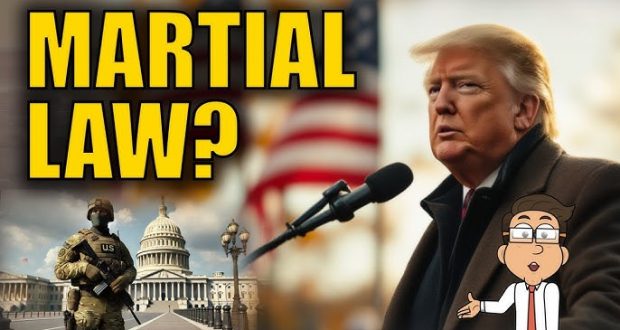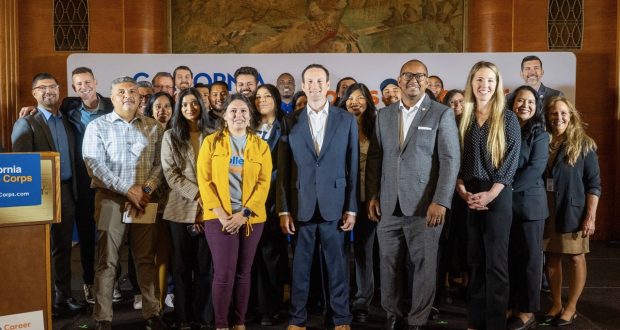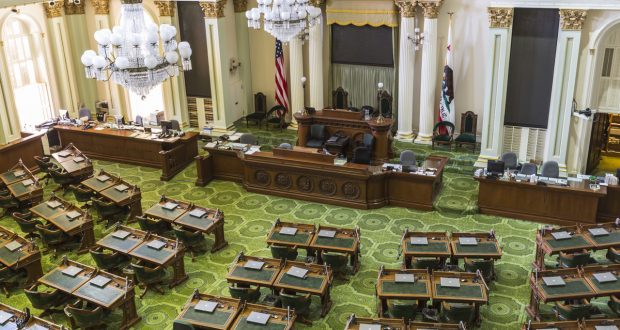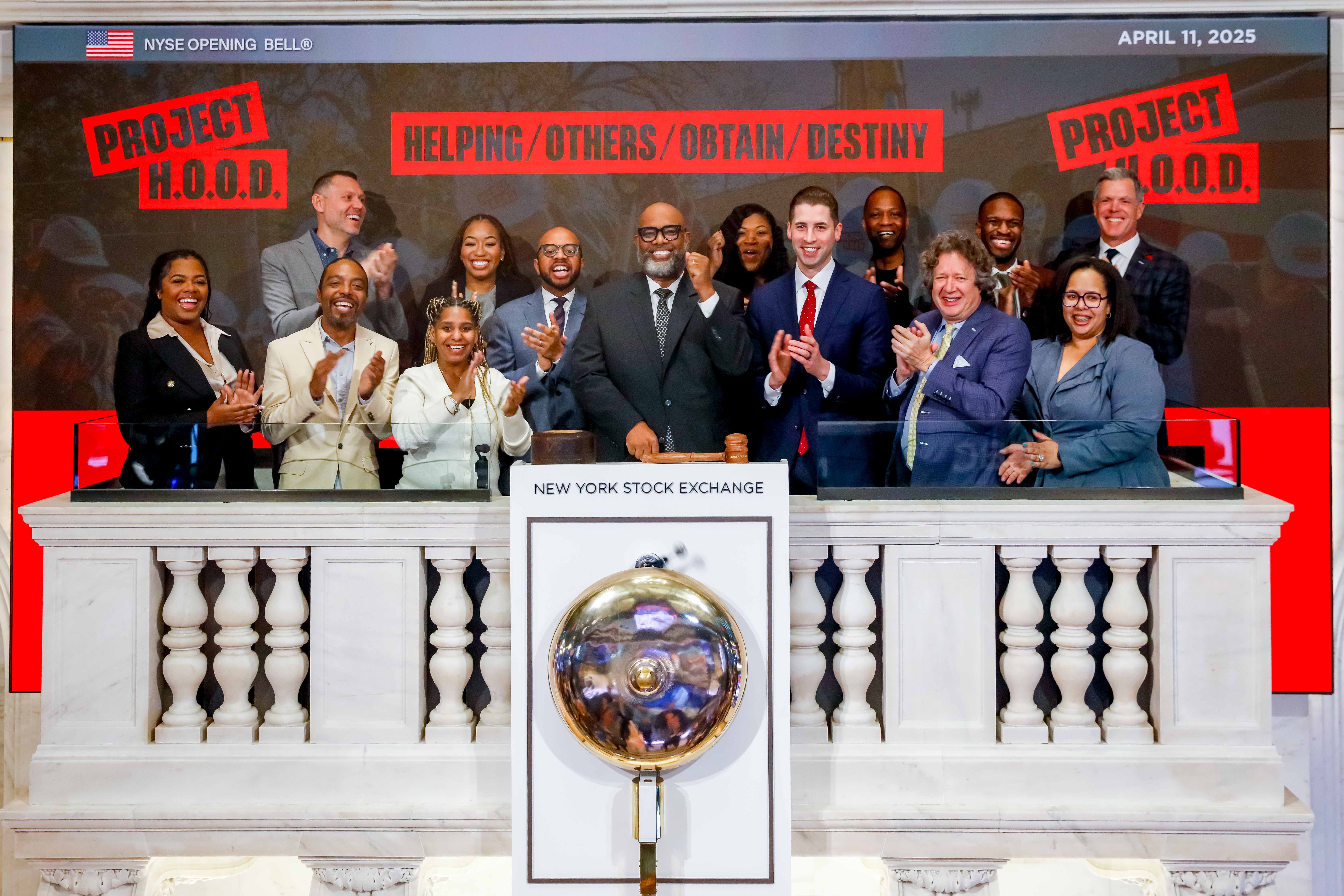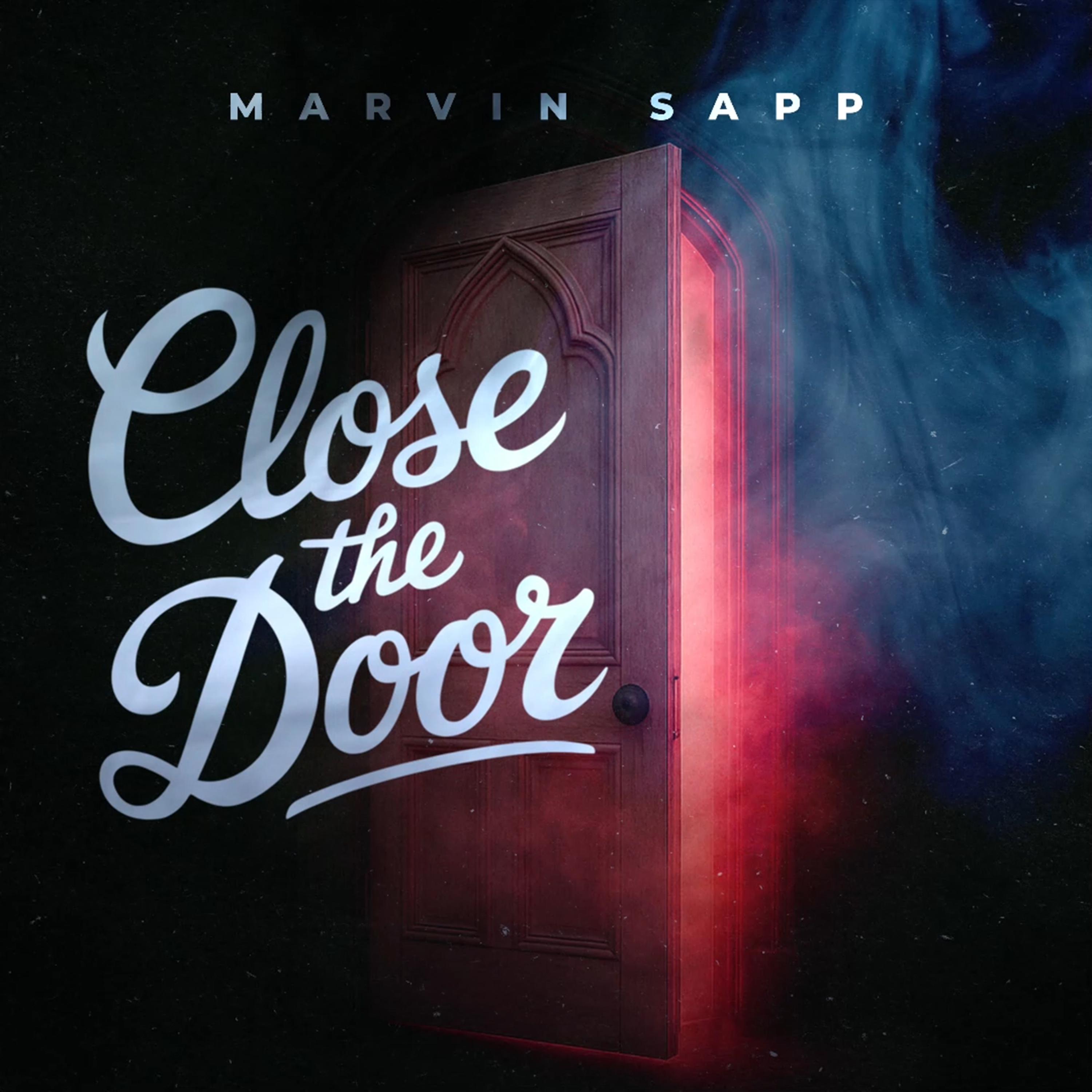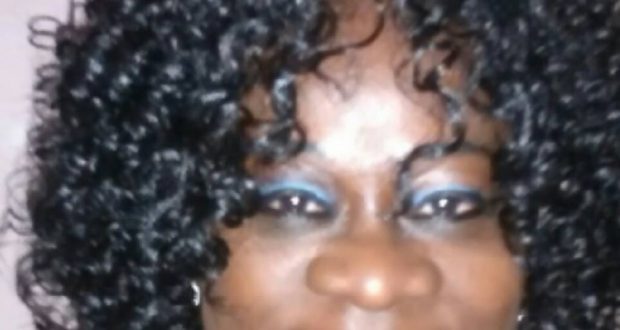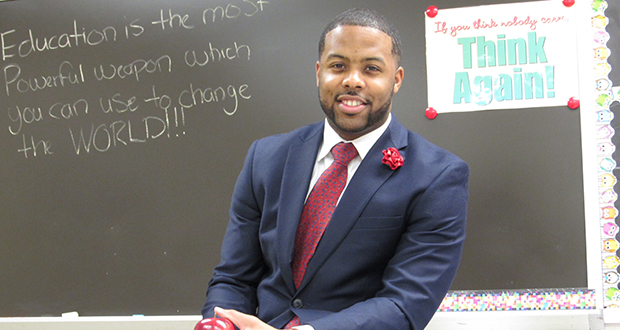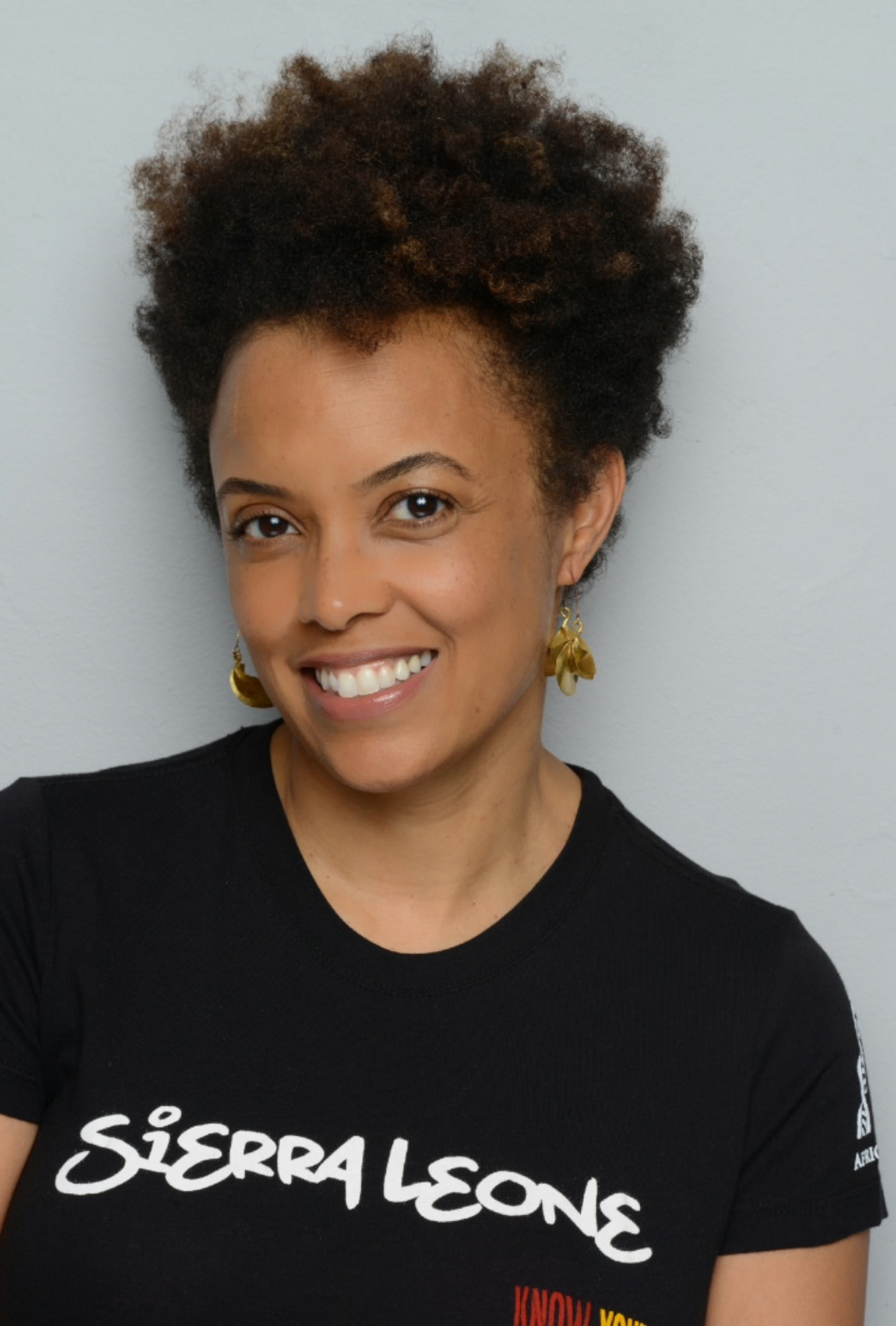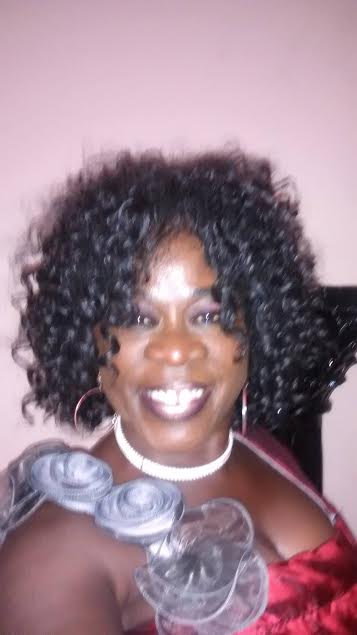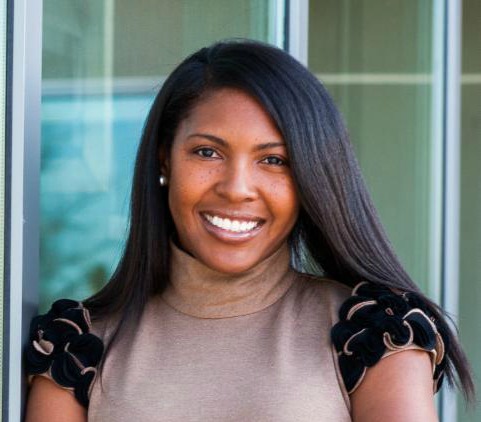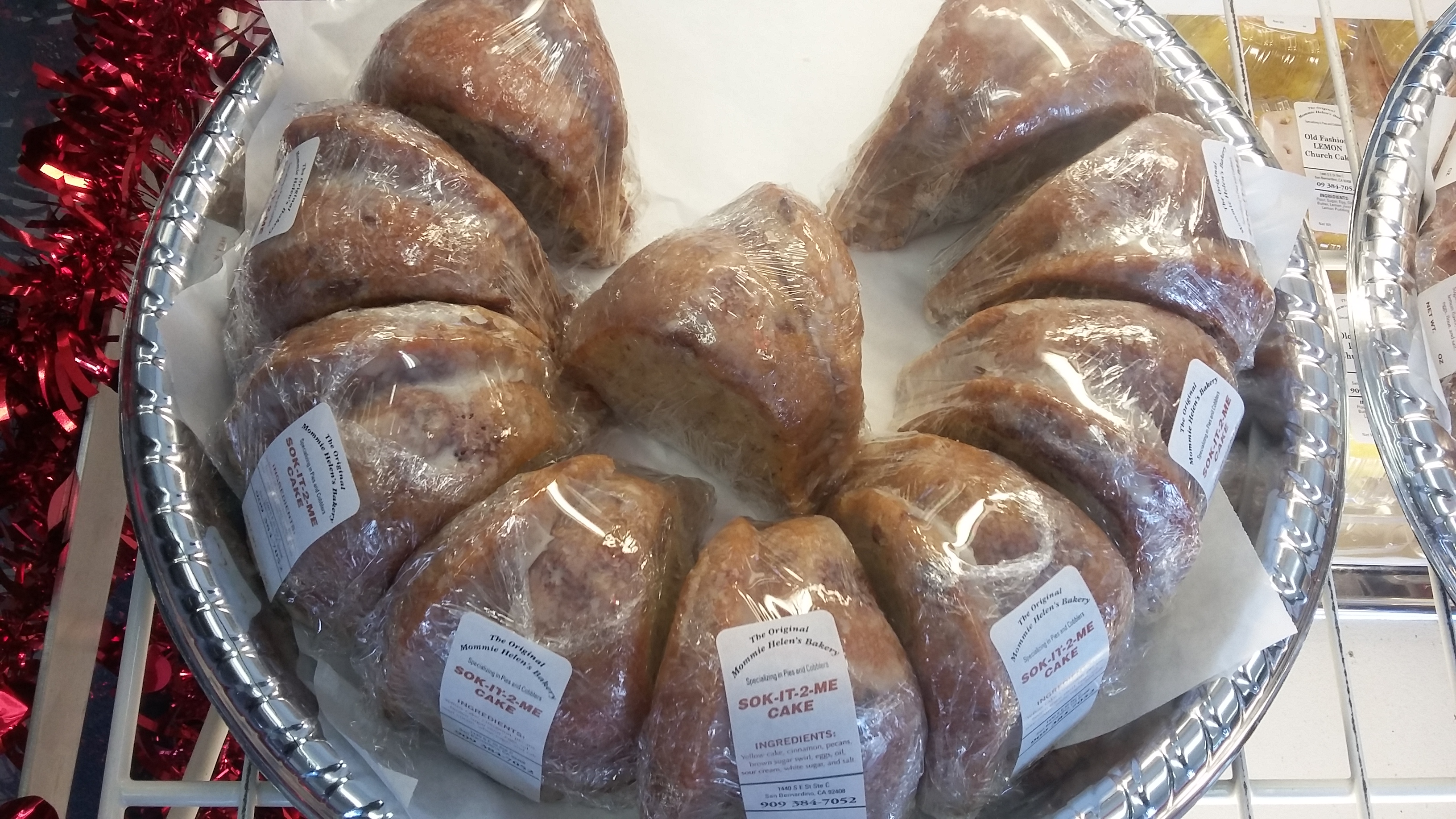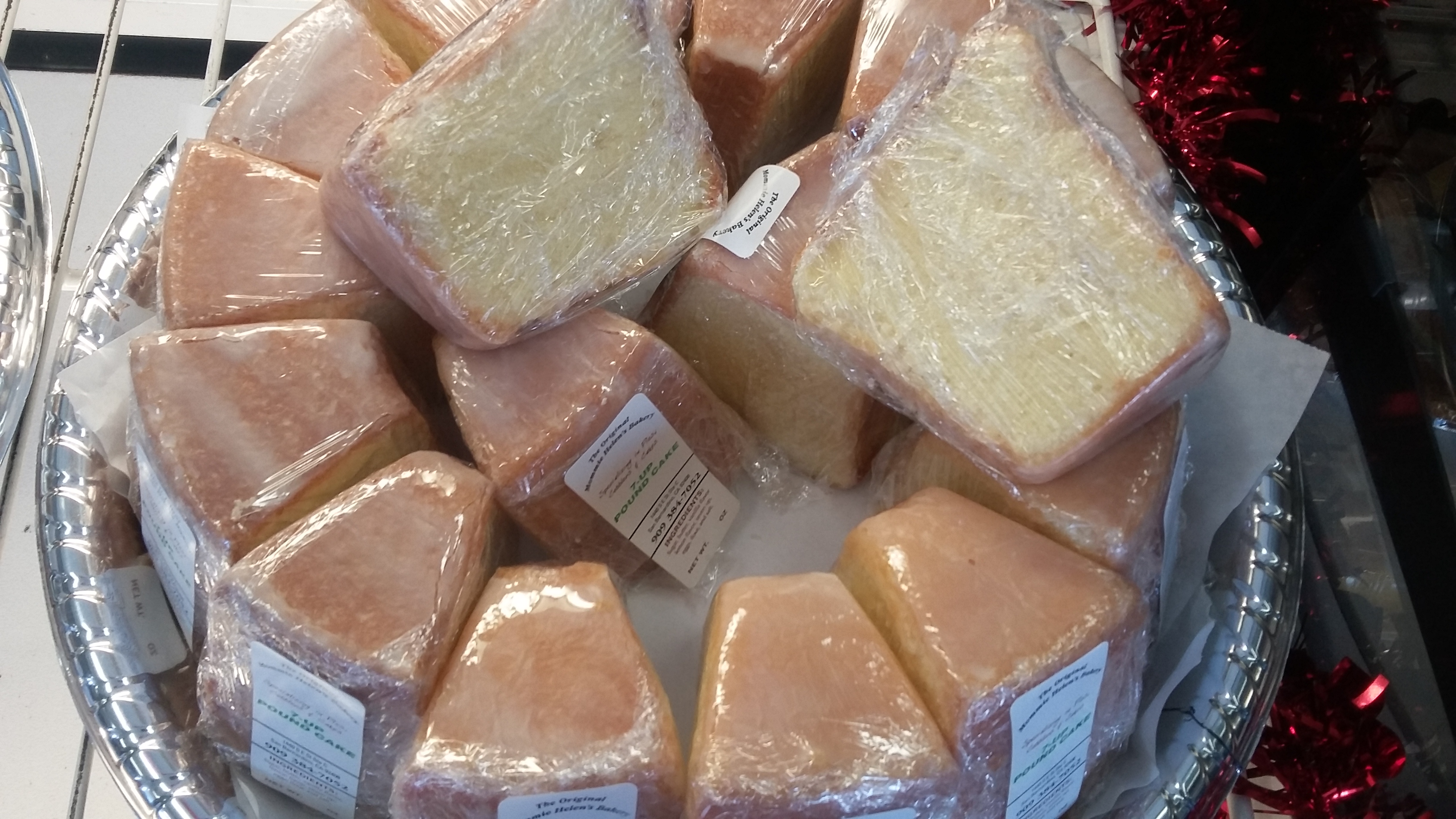The axiom, “Those who cannot do, teach,” missed the point, as far as Blake Nathan is concerned.
In fact, Nathan created the Educate Me Foundation on a wholly opposite premise: To mentor and encourage African-American students, high school and college, to pursue careers in education, especially as teachers—and to help existing black teachers find new opportunities.
All with one goal, Nathan said: “To increase the number of African-American teachers in classrooms where they would have a cultural connection. That dynamic makes a huge difference for black students.”
Nathan, 27, speaks from his own experience. Growing up outside of Atlanta, he said he had just three black teachers from kindergarten through 12th grade. An engineering major at historically black Tennessee State University, he said he had just five African-American professors.
Then, as a middle school teacher of engineering and technology, in Indianapolis, Nathan said he was the only black male teacher in his district.
“There are hundreds of thousands of (black) students who have the same story as me,” he told Urban News Service. “Having taught black students, I know how important it is for them to have someone who has been where they are, someone who can relate to them on a personal level and have that cultural competency with them. (To continue reading, please visit www.wssnews.com)
What It Do With the LUE: PRADA a.k.a. DUB DOLLA
By Lue Dowdy
Rapper PRADA a.k.a. DUB DOLLA is what it Do. Making major moves, this tall, handsome, and talented recording artist is truly one to be on the lookout for.
Signed to “GF Cash Records,” his mixtape titled “H.H.M.$. Have Heat and Make Money,” is now available. His song “ALL WE KNOW” featuring Peanut dropped last week and is getting great reviews from the fans.
Make sure to support Prada’s mixtape release party, happening on February 8 at Castaways Restaurant in San Bernardino. Details located on flyer. Until next week L’z!
Alliance Fosters Social Entrepreneurship while Enriching and Improving Lives
(Black PR Wire) WASHINGTON, DC (JANUARY, 30 2017) – African Ancestry, Inc. announces its partnership with MahoganyBooks, an award-winning online bookstore that specializes in books written for, by, or about people of the African Diaspora. The partnership underscores the power of Black businesses with aligned missions uniting to deliver products and services that educate, uplift and empower Black communities across the world.
Central to the alliance is AfricanAncestry.com/Partners/Mahogany-Books where consumers from both companies will have expanded resources from everything such as their African countries origin to educating Black kids in America about their culture and heritage. The AfricanAncestry.com Get Rooted Book List will debut to provide select titles that help people better understand who they are in the context of Africa, culture and consciousness.
“When this partnership was proposed, I knew instantly that this is something that African Ancestry should and would do,” said Gina Paige, co-founder and president of AfricanAncestry.com. “We both share a collective responsibility to educate and uplift Black people, and this alliance extends and strengthens the impact of that commitment.”
Created by husband and wife duo, MahoganyBooks uses literature to enlighten and inform by promoting reading, writing and cultural awareness. “Our relationship with AfricanAncestry.com is social entrepreneurship at its best,” said Derrick A. Young, co-founder and president of MahoganyBooks. “We’re two small businesses that have joined forces to address issues around identity and cultural awareness for people of color and to improve our communities.”
Consumers can visit AfricanAncestry.com/Partners/Mahogany-Books today to learn more about the partnership and begin experiencing the benefits. Media can contact Greer Johnson at gajohnson@taylorcommunicationsgroup.com.
ABOUT AFRICAN ANCESTRY
Founded in 2003, African Ancestry Inc. (AfricanAncestry.com) pioneered African lineage matching in the United States utilizing its proprietary DNA-database to more accurately assess present-day countries of origin for people of African descent. African Ancestry’s products include the MatriClan™ and PatriClan™ ancestry tests, myDNAmix Admixture tests; and customized memorabilia and informative resources. African Ancestry is African-American-owned and headquartered in Washington, DC. For general media inquiries, contact Nichole Taylor at taylor@taylorcommunicationsgroup.com.
ABOUT MAHOGANYBOOKS
Started in 2007 by an enterprising husband and wife duo, MahoganyBooks is an award-winning online bookstore that specializes in the sale of books written for, by, or about people of the African Diaspora. At its core, MahoganyBooks is a company that firmly believes in improving its community through social entrepreneurship by providing access and awareness to culturally relevant books to empower its community socially, politically, and economically. For general media inquiries, contact Derrick Young at derrick@mahoganybooks.com.
“Don’t Get Left Behind!”
By Lou Coleman
Thinking you got all the time in the world to get it together; you better think again. God, who has control over life and death, can demand your life from you this very day. Don’t be Stupid! Tomorrow is never promised to the person who puts everything off till tomorrow. The best preparation for tomorrow is the right use of today. You better know that you know! “What is your life? It is even a vapor that appears for a little time and then vanishes away…” [James 4:14]. I tell you; “Tomorrow is the fitting epitaph for many tombstones.” “Tomorrow is the barred and bolted door that has shut many people out of Heaven.” Right now is the only time you have. Without Notice! Without Warning! SUDDENLY! Jesus could come, and if that happens, I tell you, you would not want to be caught with your pants down. So you better check yourself before you wreck yourself! I want you to know that in [Acts 24:25] Felix postponed his salvation for tomorrow: but his tomorrow never came. He was one day too late! Don’t let that be said about you!
Right now, God is still striving with rebellious mankind……calling, convicting, convincing, and saving sinners…but there’s coming a day when God’s patience will give way to God’s wrath; it will be a day so terrible, so severe, so beyond comprehension, that you would not want to be caught up in it. Do not ignore God’s offer of mercy. Respond to it now, for today is the day of mercy and grace. Today God is giving you opportunity. ”… harden not your heart.” [Hebrews 4:7(b)]. The Bible says “Now is the acceptable time. Now is the time of God’s favor. Now is the day of salvation….” Please do not cast aside God’s offer. I want you to know that through visions, prophecies, visitations and signs, Jesus have given many warnings to the world that there was little time left and that after the trumpet call, it will be too late! Don’t get left behind!
Today, I call heaven and earth to record this day against you, that I have set before you life and death, blessing and cursing: therefore choose life that both thou and thy seed may live. [Deuteronomy 30:19]
Los Angeles County Democrats Supports Dallas Fowler in Bid for Community College Board
LOS ANGELES, CA- Veteran Democrat Dallas Fowler landed the endorsement of the Los Angeles County Democratic Party on Tuesday at its general meeting. Fowler, a long time political activist, is running for the Los Angeles Community College District Board of Trustees against a Republican incumbent.
“It is truly an honor to have the support of my own party-the Los Angeles County Democratic Party-where I have served for many years,” said Fowler. “I know that my opponent has tried to make this race about black and brown, but this is about the fundamental differences between our two parties’ agendas with regards to education and fiscal management.”
Dallas is currently a candidate for Los Angeles Community College District, Seat No. 4. The Los Angeles Community College District is the largest community college district in the country, spanning 36 cities in Los Angeles County and serving nearly 250,000 students per year at its nine colleges. Drawing 80 percent of its enrollment from historically underserved populations, LACCD offers affordable and accredited higher education that empowers students to transfer to four-year institutions, earn associate’s degrees, and obtain training and job skills that open doors to lifelong opportunities.
A proud Los Angeles native, Dallas Fowler served in Mayor Eric Garcetti’s cabinet as a Commissioner on the Los Angeles Board of Police Commissioner’s Police Permit Review Board. She is a graduate of Florida A & M University’s School of Business & Industry and Principal of Daltek Global Solutions, LLC, a boutique digital and print media firm specializing in outreach, political and business development consulting. She holds over tens years of experience in supplier diversity & community affairs and fifteen plus years in project management and event planning. A life-long Democrat, Dallas has been actively working on political campaigns for over twenty years. As a graduate and former alumnae association President for the Los Angeles African American Women’s Public Policy Institute, Dallas currently serves on their faculty providing training in campaign communications. She also currently serves on the boards of and the Museum of African American Art and the South L.A. youth outreach non-profit C.H.A.N.G.E.S. Her service to Los Angeles was honored in 2015 by the National Action Network when she was awarded one of the Most Influential Persons Under 40 in Los Angeles. Fowler previously served on the Commission on the Status of Women in the City of Los Angeles as a delegate to the National Association of Commissions for Women.
The election will be held March 7, 2017. For more information on Dallas, please visit dallasfowler.com and follow @YoDallas on Twitter, @DallasDFowler on Facebook and the hashtag #Dallas4LACCD.
‘Moonlight’ Makes History with 8 Oscar Nominations
Earlier this week, the 89th Oscars nominations were announced and A24’s Moonlight received the following 8 nods: Best Supporting Actor – Mahershala Ali, Cinematography – James Laxton, Best Original Score – Nicholas Britell, Best Adapted Screenplay – Barry Jenkins and Tarell McCraney, Best Supporting Actress – Naomie Harris, Film Editing – Joi McMillon & Nat Sanders, Best Directing – Barry Jenkins, and Best Picture – Moonlight.
These nominations make Moonlight co-editor Joi McMillon the first African-American woman to be recognized by the Academy for editing, and director Barry Jenkins as only the fourth black director to be nominated for a “Best Director” Oscar (John Singleton, Lee Daniels and Steve McQueen were prior nominees). This is McMillon’s first feature film editing credit and Jenkins’ second feature film.
Remembering “Mommy Helen”
Written by Wallace Allen IV
Last January, Dorothy Pryor-Rose passed on to be with the Lord. We all recognized her as “Mommy Helen” because she was the face of “Mommy Helen’s Bakery” in San Bernardino. The Bakery is still going strong! Dorothy’s daughters, Tedra and Kesha, have dedicated themselves to maintaining their mother’s high standards and successful recipes. The following letter is their salute to their mom, our Mommy Helen. I think that I am going to 1440 South “E” Street and “remember” her the way she would want us to… I am going to buy a potato pie!
Dear Mom, Wow we can’t believe that it’s been a year since you have been gone. Your Legacy is continuing and the bakery is thriving. We miss your words of encourage and unwavering faith. When everything feels overwhelming we remember to keep the faith just like you taught us. Although we miss you and at times your absence becomes overwhelming, we know we have to continue your vision. We promise to continue to make sure that your vision comes to pass. Mom, you’ll always continue to be in our hearts. Until we meet again. Love your daughters.
What It Do With the LUE: New Pilot Show Alert
By Lue Dowdy
New Pilot Show Alert coming to the I.E. is WHAT IT DO! Be on the lookout for my new Entertainment/talk show “E.A.A.G.”!
LUE Productions is an entertainment/management company based out of the Inland Empire. The production companies main focus for the show is to highlight and launch unique talent within the I.E. and surrounding cities. The 1-hour show will consist of talented handpicked individuals hailing from different parts of Southern California.
During the hour, participants will be able to enjoy a comical skit, model walks, audience engagement, interviews with the featured talent, and dope performances. Updates on current events in the entertainment world will be addressed, along with free promotional items for our audience participants. Participants will be able to get an up and close look at AMAZING TALENT while being a part of something GREAT.
The pilot show will be filmed by ILondon Fog and shopped around once the first season is completed. You can come out and make a special appearance as one of our audience members.
For more information, please visit our Facebook page or follow us on Instagram and Twitter under @LUEProductions.
Never be afraid to soar to higher heights. Until next week L’z!
“What Does It Profit A Man to Gain the Whole World and Lose His Soul?”
By Lou Coleman
You really do need to soberly reflect on this question… What does it profit you to gain the whole world and lose your soul? [Matthew 16:26]…. I tell you, you can be like [Baby D – I’m Bout Money] if you want too… “Chasing for that paper…. Die for the cheddar …” Echoing “Money Money Money” [feat. Diddy & Fabolous] [Diddy:] Wake up in the morning take a money shower now I’m smelling like money got the money and the power….” [Fabolous:]…..Married to the money….Faithful to the millions….Got my money up….Safe as in the ceiling….” I tell you, the nature of man is a fool! I can just image the rich man in Hades [Luke 16:22-24] screaming NOOOOOOOOO! You got it all wrong….. NOOOOOOOOO! One’s life is not in the abundance of his possessions” [Luke 12:15] it is in God. It is your heart and soul that makes you valuable not stuff. Joy, happiness, and fulfillment are found in the invisible things of life: love, hope, peace, and relationships….. NOOOOOOOOOO! Don’t do it! Don’t trade your most valuable possession [your soul] for the trinkets of this world… It’s not worth it I tell you…
You see, I am the rich man in [Luke 16:19-31] who dressed in purple and fine linen and lived in luxury every day. At my gate was a beggar named Lazarus, covered with sores and longing to eat what fell from my table… Then the beggar died and the angels carried him to Abraham’s side. I also died and was buried. In Hell, I looked up one day and saw Abraham far away, with Lazarus by his side. I called to him, ‘Father Abraham, have pity on me and send Lazarus to dip the tip of his finger in water and cool my tongue, because I am in agony in this fire.’ “But Abraham replied, ‘Son, remember that in your lifetime you received your good things, while Lazarus received bad things, but now he is comforted here and you are in agony…” NOOOOOOOOO! Don’t do it! Don’t trade your soul for the trinkets of this world. Hell is for eternity! Hell is real!
You know [Martin Luther King Jr.,] said in a sermon that the rich man was a fool because he permitted the ends for which he lived to become confused with the means by which he lived…. Don’t let that be said about you. To spend the days, months, and years of your life in a quest for riches, possessions, and prominence will only leave you disappointed. Jesus warned us about this when He said “Do not store up for yourselves treasurers on earth, where moths and vermin destroy, and where thieves break in and steal. But store up for yourselves treasures in heaven, where moths and vermin do not destroy, and where thieves do not break in and steal. [Matthew 6: 19-20]. Perhaps the greatest lesson to learn from this story is that when death comes knocking on your door there is only one thing that will matter: your relationship with Jesus Christ. “What good will it be for you to gain the whole world, yet forfeit your soul?” (Matthew 16:26; Mark 8:36]. Don’t do it! Don’t trade your most valuable possession [your soul] for the trinkets of this world. Sounding the Warning!
“Now I call on heaven and earth to witness the choice you make. Oh, that you would choose life, so that you and your descendants might live!” [Deuteronomy 30:19]
Mikey Garcia To Host Oxnard Public Workout at Robert Garcia Boxing Academy
OXNARD, CA- Come out this Saturday, January 21 at 2 p.m. to meet and support former two-time world boxing champion, Mikey Garcia, during his media workout as he prepares to travel to Las Vegas for his world title showdown with current World Boxing Council (WBC) 135 lb world champion Dejan Zlaticarin (Podgorica, Montenegro/pro record: 22-0, 15 Kos) on Saturday, January 28 at the MGM Grand, live on SHOWTIME.
Garcia has a record of 35-0, 29 KOs. The workout is FREE and the academy is located at 1451 Pacific Avenue in Oxnard. If you can’t make it out the workout, be sure to follow Garcia on all social media to stay updated on his upcoming events and fights at: www.facebook.com/TeamMikeyGarcia, instagram.com/teammikeygarcia, and twitter.com/MikeyGarcia.
 Westside Story Newspaper – Online The News of The Empire – Sharing the Quest for Excellence
Westside Story Newspaper – Online The News of The Empire – Sharing the Quest for Excellence
